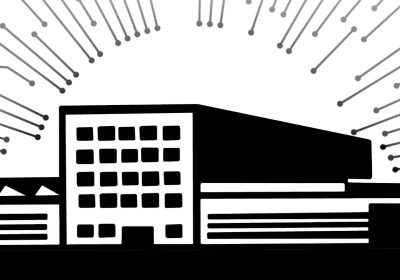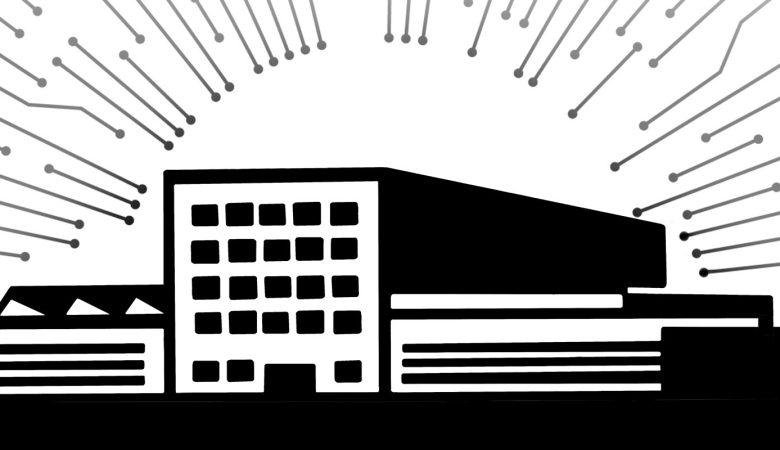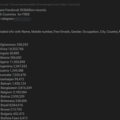
For the next three years, the Dutch government will no longer be able to implement new measures that must be arranged through the Tax and Customs Administration, because the ICT at the tax authorities can only be adjusted after that. This is mainly due to delays in capital taxes.
State Secretary Marnix van Rij of Finance writes in a letter to the House of Representatives about the progress of ICT facilities at the Dutch tax authorities that the tax authorities will not have the opportunity to introduce new tax arrangements until 2026 that arise from government policy. If changes are made before that time, the modernization of the ICT will be delayed even more and the current problems at the Tax and Customs Administration will only get worse, warns the State Secretary.
The Tax and Customs Administration has been suffering from are very outdated IT systems. In some cases, they date back to the 1970s. That outdated software makes it virtually impossible to implement certain government policies, because much of that policy has to be adjusted through taxes. This became clear at the beginning of last year, for example, when it appeared that the government couldn’t reduce the VAT on fruit and vegetables because the ict couldn’t handle it. It later turned out that de’ jubelton’ could only be abolished later than planned.
Van Rij responds with his letter to parliamentary questions that were asked in response to an article in NRC about those problems.
A bigger problem arises with the wealth tax in box 3, which after a judgment of the Supreme Court has to be adjusted, but that also fails because of the problems at the tax authorities. The latter has been given priority by the Tax and Customs Administration. The capital gains tax operates on software written in the programming language Cool:Gen, which is already was completed in 1987. Both within and outside the Tax and Customs Administration, knowledge of that language is disappearing, which means that the Tax and Customs Administration wants to phase out that system more quickly. “Due to this replanning, the entry into force of the new system has been postponed to 2026,” the State Secretary writes. to modernize. That is the ICT improvement program. “That focused on improvements in the portfolio process, the connection between finance, ICT capacity and portfolio, the cooperation between users and ICT, culture and lifecycle management,” writes the State Secretary. Of all the measures that were taken up at the time, ‘about half’ have now been implemented.
On the other hand, the Tax and Customs Administration still has a lot of tech debt. That would have improved: in 2018, 52 percent of the systems would still suffer from techdebt, but that will be reduced to 26 percent in 2022.
This is partly because the tax authorities have invested a lot in employees who work on modernizing the systems. In 2019, a total of 534,000 days were spent on the ICT improvement programme. In 2023, that should be 626,000. The Tax and Customs Administration uses about 900 applications, which are divided into groups in the process. Those groups include, for example, income taxes, payroll taxes, corporate taxes or car taxes, but also analytics or ways to collect taxes in the first place. The tax authorities will receive 860 million euros in 2023 to adjust the ICT, of which sixty percent will go to personnel and forty percent to infrastructure, licenses and outsourcing.











